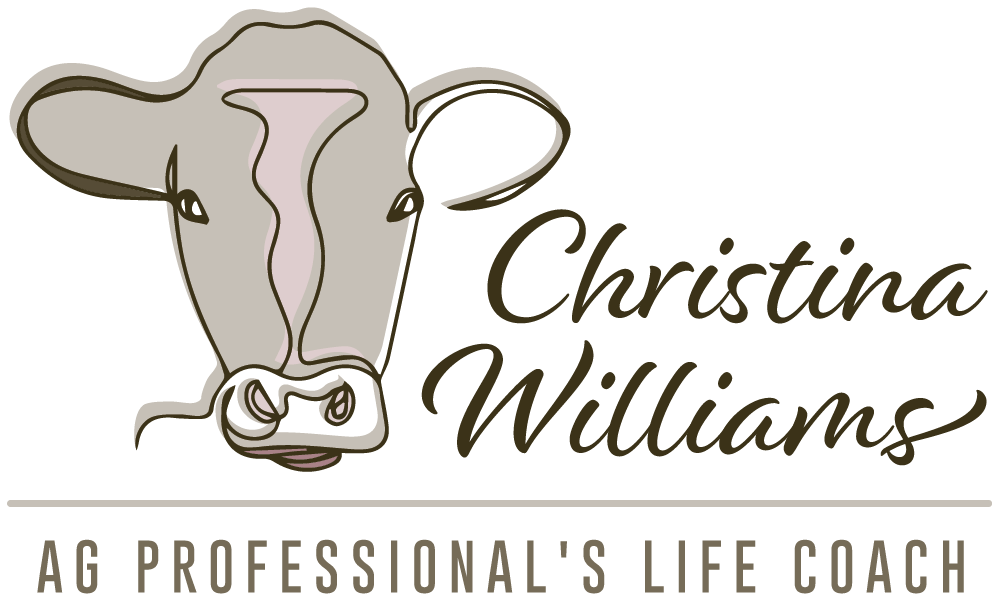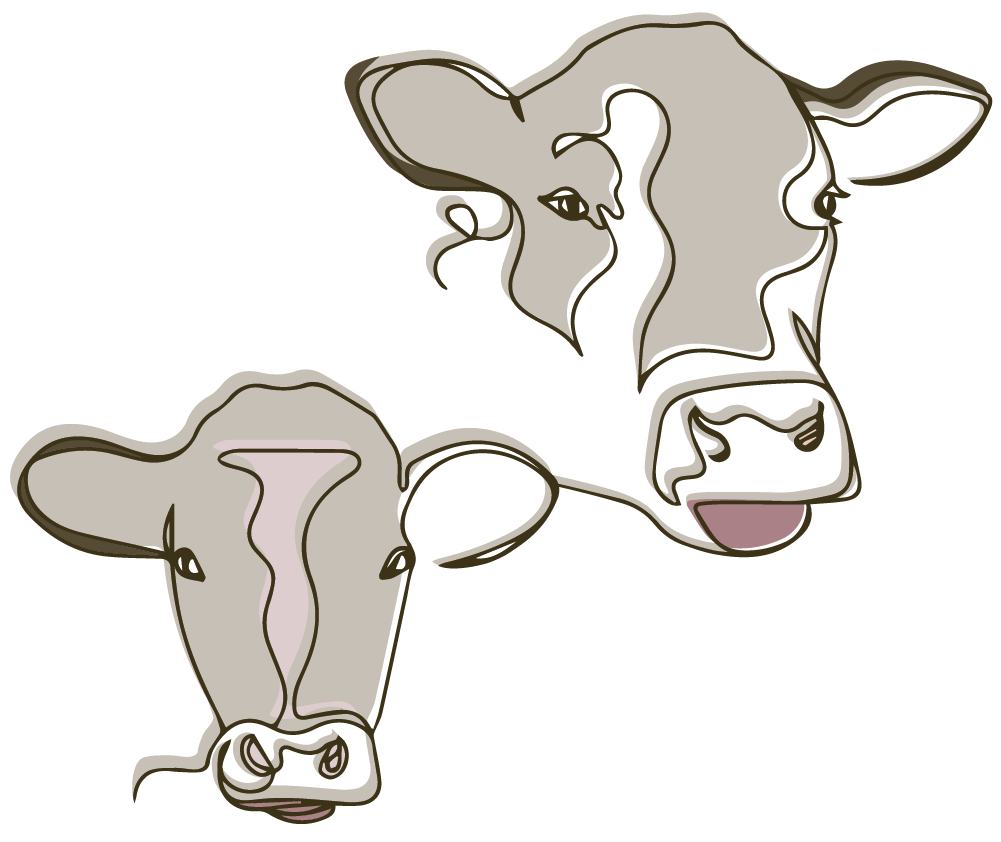Episode 2: Questioning our Stories
Welcome to episode 2!
In the last episode I introduced the idea of the stories that we tell. I hope that you have explored some of the stories that you tell yourself simply for the awareness of how you view the world around you.
Simply being aware of our own stories can help us to ensure that our stories are serving our highest good.
So, what do we do once we become aware of some of the stories that we are telling?
We start to investigate them.
3 steps to investigating your stories.
Identify all the facts.
Literally try to tell yourself the same story using facts.
So, my car story would be. There is a sound coming from my car. It is raining outside. It is dark outside and I am about 1 hour away from home.
See how that story has no meaning. See how that story says nothing about my moral character. See how that story is just the boring old facts.Do the work by Byron Katie
Byron Katie – The work.Tell a story, write it down, ask 4 questions and turn it around.
Tell the story – that’s easy -your brain is a professional at this one!
Write it down – YES write it down. You don’t have to save it for your posterity to read. It doesn’t have to be in full sentences or with perfect grammar or spelling! But yes, write it down. Feel free to burn it after the exercise – actually most of my stories need to be burnt!!
Why, you ask?
We need to get it out of your brain.
It is really hard to look and think about something in your brain with your brain.
So, we get the story out on paper so that we can look at it outside of our brains. This type of perspective is very powerful.
When the story stays inside of you it is very hard to get traction over.
This is one reason people get live coaching. So that they tell the story to a coach and then you and the coach look at it together. But this process is just self coaching and is incredibly powerful when practiced.
Ask 4 questions:
Is it true? Yes or No
If it is true - can you absolutely know that it is true? Y or N – if the answer to 1 is yes, the answer to 2 is always no.
Just because we think it – doesn’t make it true.
Just because we have a lot of evidence for the story - also doesn’t make it true.
Is there one other person in the world that could view this in a different way – if there is, then you can’t absolutely know that it is true.When you believe this thought to be true, how do you feel? How do you treat other people or experiences when you feel that way? Who do you show up as?
Who would you be without this belief?
Turn it around - turn your belief around to the opposite, yourself or to the other.
This one is mind trippy!
People don’t like me – turns to:
I don’t like me – SELF
I don’t like people – other
People like me – opposite
Find the evidence where this turn around is true!
Ask Questions and Get Curious
I wonder why I made up that story?
What did my brain think I would gain by believing that story?
What other stories could I tell?
Now go question your stories my friends and find the ones that serve you and those around you the best!
It will be fun!
Have a wonderful week.

